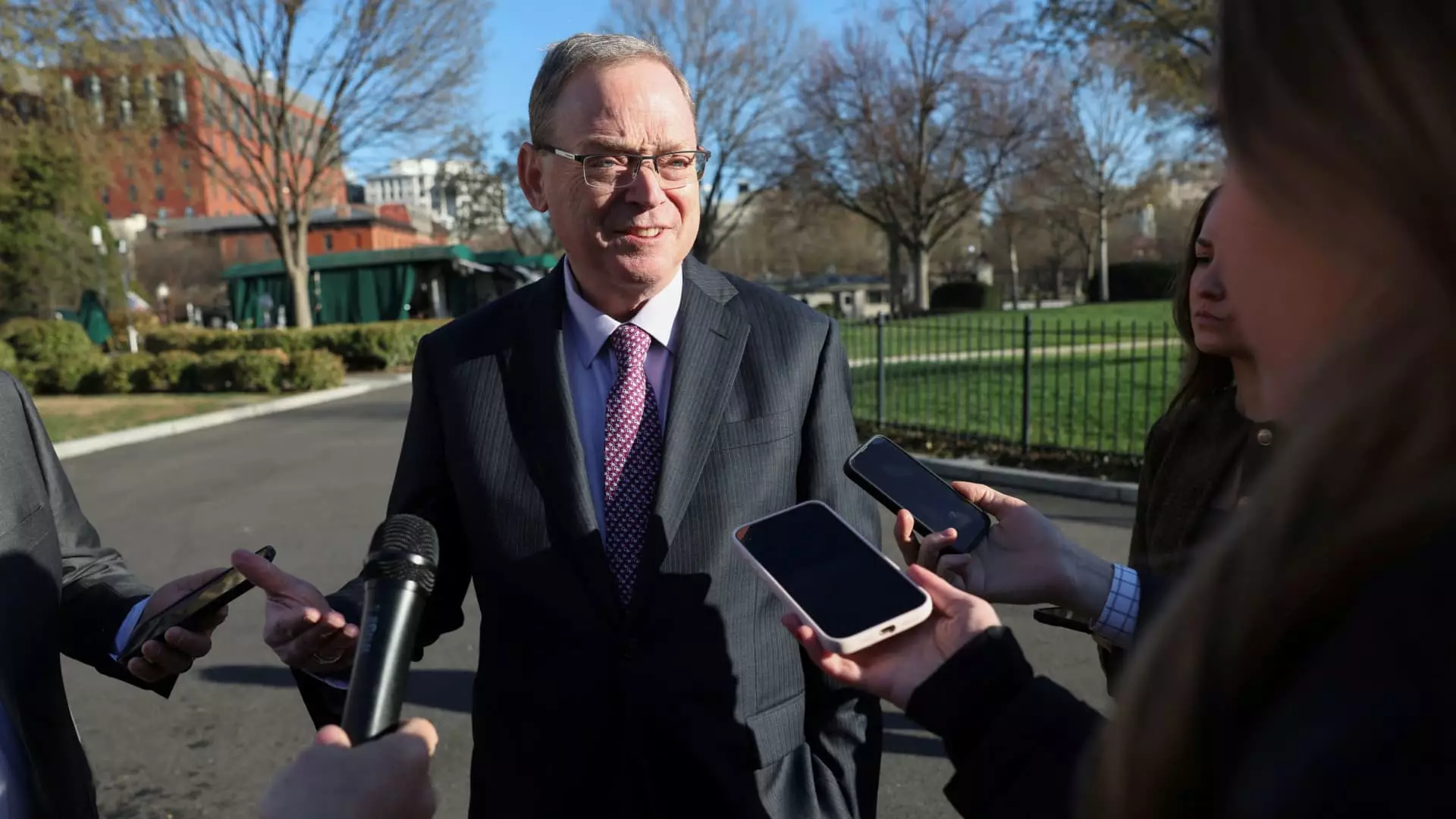In the labyrinthine world of politics and economics, trust serves as the foundation of effective governance. When a government begins to manipulate or dismiss its own economic data—particularly the labor statistics that influence policy and public confidence—it doesn’t just make a mistake; it endangers the very legitimacy of its institutions. The recent firing of the Bureau of Labor Statistics (BLS) commissioner under the pretext of revising jobs data exemplifies a troubling shift toward politicization that could have long-lasting repercussions.
This episode reveals a pattern of questionable decisions cloaked in the guise of transparency and efficiency. The claim that revisions to employment figures are “hard evidence” of manipulation is, at best, an oversimplification. Often, economic data undergo revisions as new information becomes available, allowing for a more accurate picture of the labor market. Discrediting these revisions as signs of “rigging” reflects a skewed understanding—or worse, a deliberate distortion—of how statistical processes function. To suggest that these adjustments are part of a conspiracy implies a dangerous distrust not only in the data but also in the institutions that produce it.
The narrative pushed by political executives and their allies hinges on the perception that the data is flawed or manipulated when it doesn’t align perfectly with political agendas. But this approach ignores the complexities of economic measurement. The interpretation of employment figures must be nuanced, understanding that revisions are an inherent feature of economic analysis. To dismiss them outright and then purge the very agency responsible for their accuracy signals a troubling abdication of a core democratic principle: the need for independent, reliable institutions that serve the public interest over partisan expediency.
The Consequences of Politicizing Data: Erosion of Trust and Democratic Integrity
The firing of a respected statistician like Erika McEntarfer not only sows discord within the bureaucracy but also sends a broader message: political authorities are willing to undermine their watchdogs to fit a narrative. Such actions threaten to erode public trust in crucial government agencies, which are supposed to act as impartial intermediaries in informing economic policy.
When political leaders dismiss or fire experts who refuse to align their findings with political goals, what message does that send? It fosters a climate of suspicion across the board—that economic indicators are no longer objective but tools to be wielded, or discarded, based on convenience. This approach not only damages the credibility of the BLS but also risks undermining the entire ecosystem of data-driven policymaking. Without trust, policymakers and the public become increasingly skeptical, leading to further polarization and economic uncertainty.
Moreover, this phenomenon spotlights the peril of ideological capture of independent agencies. When they are viewed as pawns rather than guardians of objective truth, their outputs risk being seen as partisan rather than factual. That perception, whether justified or not, hampers the ability to implement well-informed policies that are essential for sustainable growth and social stability.
Individuals like William Beach, a former BLS commissioner, warn of this dangerous precedent: once the credibility of such institutions is compromised, it becomes exceedingly difficult to re-establish trust. The perception that data can be manipulated, manipulated to fit political narratives, leads to a cycle of skepticism that hampers good governance and diminishes the accountability of elected officials.
The Broader Political Climate: Manipulation of Data as a Symptom
The controversy surrounding the firing also underscores a broader trend among those wielding power: the desire for control over narratives, even at the expense of facts. Critics argue that leaders who seek to manipulate economic data are essentially attempting to “cook the books” in political terms. This attitude resonates with a dangerous worldview—one where truth is subordinate to ideological convenience.
However, in a thriving democratic society, statistics and factual data must be sacrosanct. When trusted institutions are compromised, the risk is not just distorted economic statistics but a fundamental erosion of democratic accountability. Citizens rely on objective data to make informed decisions about economic policies, social programs, and fiscal priorities. When such data is suspect, the integrity of democratic discourse is at stake.
The debate also touches on the adequacy of current data collection methods. Some voices, like Bank of America’s CEO Brian Moynihan, suggest that the traditional reliance on surveys may be outdated and insufficient in the digital age. Nevertheless, replacing proven methods with unverified alternatives risks further complicating efforts to produce reliable data. The challenge is not merely in how data is collected but in maintaining the independence and credibility of those who interpret and oversee it.
In the end, the episode reveals that authoritarian tendencies—such as firing statisticians for ideological reasons—are antithetical to the principles of center-wing liberalism, which prioritize transparency, accountability, and the rule of law. Genuine progress depends not on silencing inconvenient truths but on bolstering institutions that uphold factual integrity. When policymakers choose to dismiss data or discredit its producers, they do a grave disservice to society—undermining the very foundations upon which democratic governance rests.


Leave a Reply